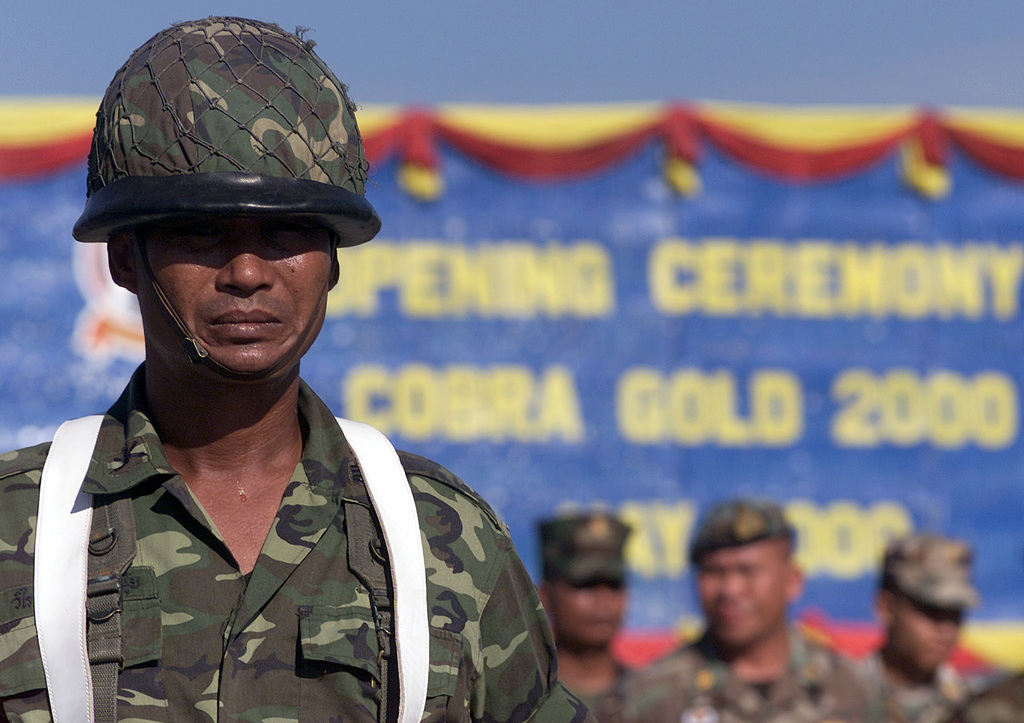Bill to limit role of Thai military in public life challenged
The Pheu Thai-led government wants to amend the Defence Ministry Administration Act. The “anti-coup" law would restrain the country’s military, which has seized power 12 times in the past, the last time in 2014 by General Prayuth Chan-ocha. Pro-military parties are against the proposed law.
Bangkok (AsiaNews) – While Asia is closely following the unfolding crisis in South Korea following President Yoon Suk Yeol's attempt to impose martial law, opposition is growing in Thailand against an "anti-coup” bill, designed to amend the Defence Ministry Administration Act by which the ruling Pheu Thai (For Thais) Party wants to exclude or severely limit the role of the military in public life.
Since the 1930s, military coups have been a constant feature of the country’s political life, with as many as 12 of varying durations. The latest occurred on 22 May 2014, led by General Prayuth Chan-ocha, who ruled until May 2022 elections and still exerts significant political influence through pro-military parties.
Pheu Thai’s initiative has sparked resistance from those who are afraid of the military’s reaction, as well as circles linked to the military establishment and are in favour of its actions.
The opposition is led by the Phak Ruam Thai Sang Chat (United Thai Nation, UTN) Party, a member of the ruling coalition, and Palang Pracharat (People's State Power, PPRP) Party, which is in the opposition, and was once led by General Prayuth after he took a “democratic" turn in the wake of his long stint as chief of the military junta.
The UTN expressed concern that politicians would intervene in the affairs of the Ministry of Defence, arguing that, “Any change to the regulations of the Defence Ministry must be carefully considered,” said UTN MP and spokesman Akradet Wongpitakroj. “The armed forces are major national institutions where security is concerned.”
For the PPRP, now led by General Prawit Wongsuwon, once close to Prayuth Chan-ocha, the bill would delegitimise the armed forces and leave them open to abuses by political leaders.
As an example, PPRP spokesperson Piya Tavichai notes that the law, if approved, could give politicians the right to interfere in appointments of high-ranking military offices, generals and admirals (as many as 1,400 compared to about 620 in the United States), which are currently approved by the king, Highest Commander of the Royal Thai Armed Forces.
Under existing legislation, politicians cannot intervene in military matters. The Bhumjaithai (Thai Pride) Party, a key member party of the ruling coalition, has already said that it is against the bill.
13/01/2022 16:30
02/07/2020 09:59
06/06/2019 19:49







.png)










